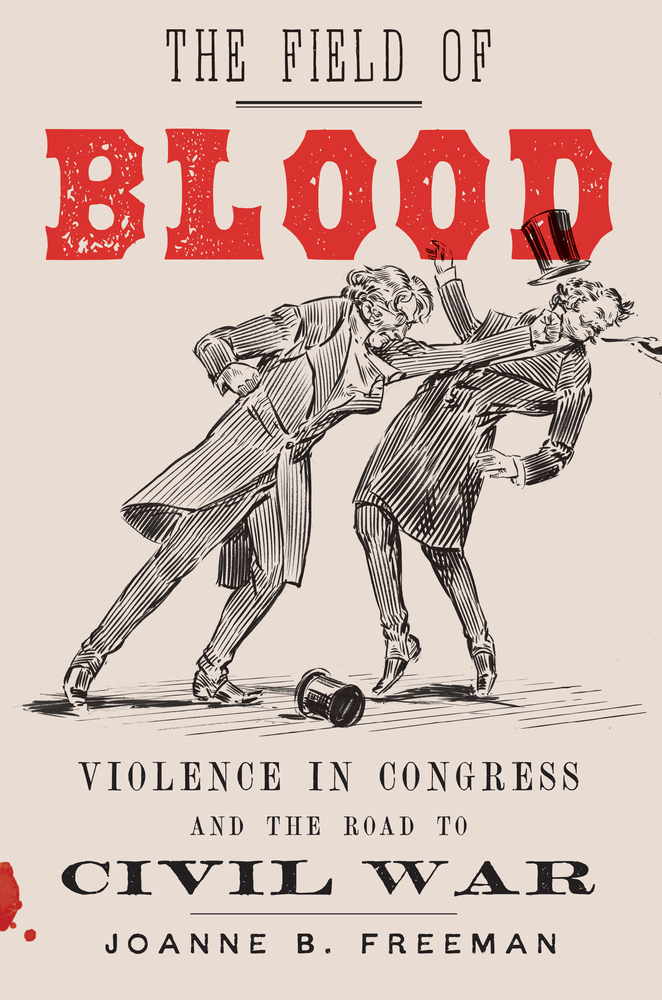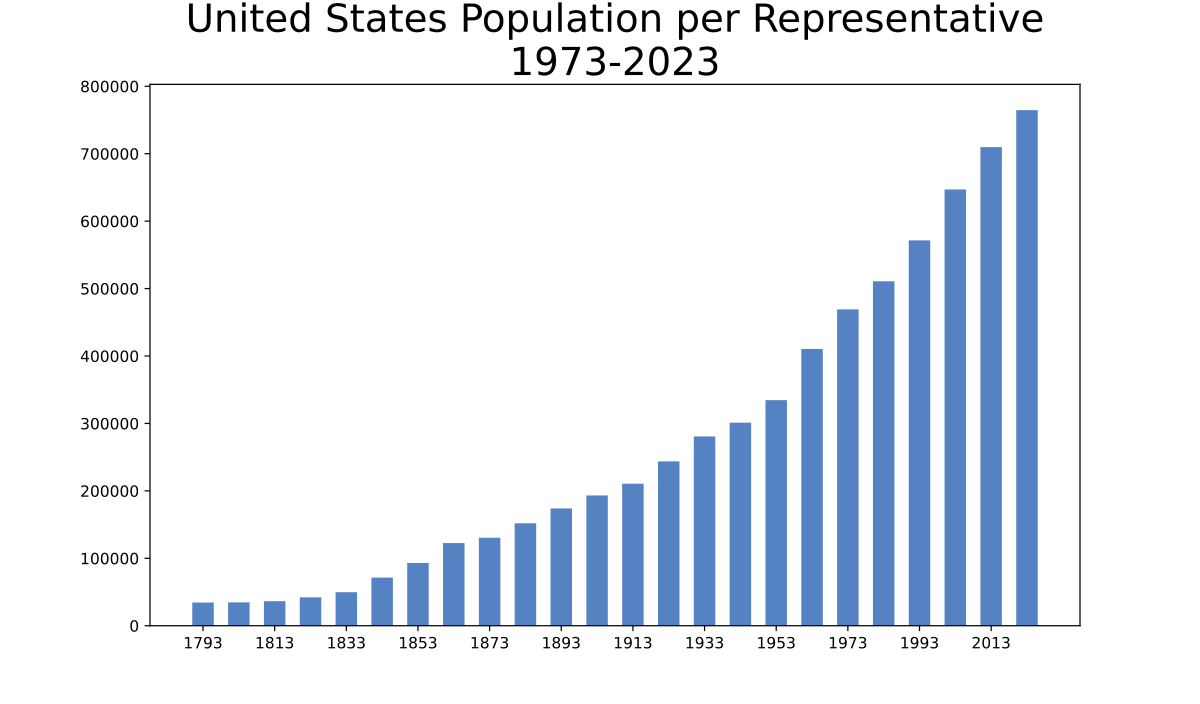US Congress
CMC Government 101 Spring 2023
Tue, Thu 11 AM- 12:15 PM Pacific
Kravis 103
J.J. Pitney
Office: Kravis 232
Office Hours: Mon. Tue. Wed. Thu 1-2 pm and by appointment
See also my Congress Links page.
General
Woodrow Wilson wrote: "Like a vast picture thronged with figures of equal prominence and crowded with elaborate and obtrusive details, Congress is hard to see satisfactorily and appreciatively at a single view and from a single stand-point. Its complicated forms and diversified structure confuse the vision, and conceal the system which underlies its composition. It is too complex to be understood without effort, without a careful and systematic process of analysis."
In this course, we shall undertake such analysis. We shall ask how lawmakers behave at home and on Capitol Hill. We shall study Congress's procedures and structures, with an eye to explaining why some bills pass while others languish.
Classes
Class sessions will include lecture and discussion. Finish each week's readings before class because our discussions will involve those readings. We shall also talk about breaking news stories about Congress, so you must read a good daily news source such as Politico or Axios.
Blog
Our class blog is at http://gov101.blogspot.com. I shall post videos, graphs, news stories, and other material there. We shall use some of this material in class, and you may review the rest at your convenience. You will all receive invitations to post to the blog. (Please let me know if you do not get such an invitation.) I encourage you to use the blog in these ways:
- To post questions or comments about the readings before we discuss them in class;
- To follow up on class discussions with additional comments or questions.
- To post relevant news items or videos.
Grades
The following will make up your course grade:
- Two three-page papers: 15% each
- One five-page paper: 25%
- Simulation and writeup: 30%
- Participation, blog: 15%
Details
- The papers will develop your research and writing skills. In grading, I will take account of the quality of your writing, applying the principles of Strunk and White’s Elements of Style. If you object, do not take this course, or anything else that I teach.
- The simulation will require you to study your part and spend several sessions in character.
- Class participation will hone your ability to think on your feet, as I shall call on students at random. If you often miss class or fail to prepare, your grade will suffer. I shall use the cold calls to judge how well you are keeping up with the material. If you object to this approach, do not take this course.
- In addition to the required readings (below), I may also give you handouts, emails, and web links covering current events and basic factual information.
- Check due dates for coursework. Do not plan on extensions.
- Plagiarism and other forms of academic dishonesty are not victimless offenses, because they hurt fellow students. Please study our Statement of Academic Integrity, which reads in part: "The faculty of Claremont McKenna College is firmly committed to upholding the highest standards of academic integrity. Each faculty member has the responsibility to report cases of academic dishonesty to the Academic Standards Committee."
- This class welcomes viewpoint diversity. See: https://heterodoxacademy.org/library/advice-on-syllabus-language/
- Your experience in this class is important to me, and I have a particular interest in disability. If you have set up accommodations with Accessibility Services at CMC, please tell me about your approved accommodations so we can discuss your needs in this course. You can start by forwarding me your accommodation letter. If you have not yet established accommodations but have a temporary health condition or permanent disability (e.g., mental health, attention-related, learning, vision, hearing, physical or health), please get in touch with Assistant Dean for Academic Success and Accessibility Services, Maude Nazaire, at Accessibilityservices@cmc.edu to ask questions or begin the process. General information and accommodations request information are at the CMC Accessibility Services website.
Required Books [Make sure that you get the correct edition of the Davidson book.]
- Roger Davidson, Walter J. Oleszek, Frances E. Lee, and Eric Schickler, Congress and Its Members, 18th ed. (Washington: CQ Press, 2022).
- Jill Lawrence, The Art of the Political Deal (independently published, 2017).
- James A. Thurber, ed., Rivals for Power: Presidential-Congressional Relations, 7th ed. (Lanham, MD: Rowman and Littlefield, 2022).
The schedule is subject to change, with advance notice.
Jan 17, 19: Two Political Branches, Two Chambers, Two Congresses, Two Parties
What are the major functions of Congress?
- Davidson, ch. 1.
- Thurber, ch. 1
Jan 24, 26: Congressional History and the Insurrection
"All you've got to know is this: right now the government of the United States is sitting on top of the Washington Monument, right on the very point, tipping right and left and ready to fall off and break up on the pavement." -- Edmond O'Brien, in Seven Days in May
How does today's Congress compare with that of the past? Have lawmakers gotten better or worse? What happened on January 6, 2021?
- Davidson, ch. 2
- Excerpts from Joanne B. Freeman (PO `84), The Field of Blood: Violence in Congress and the Road to Civil War (New York: Farrar, Straus and Giroux, 2018). On Sakai.
- Thurber, ch 3.
THREE-PAGE PAPER ASSIGNED BY JAN 26:
DUE IN SAKAI DROPBOX BY FEB 10.
Jan 31, Feb 2: Congressional Elections and Home Style
"A congressional campaign is a lot like unmedicated childbirth: it's painful, it's messy, you don't think you can do what's required even as you're doing it, you likely consented to it months ago and now you're questioning your decisions, your likelihood to request drugs increases proportionally as you get closer to the big event, you gained weight, you don't realize you're screaming but everyone around you looks distressed, and your mother doesn't remember what it's like. Also, once you get what you want, you'll never sleep again. I'm sure there are things I'm missing, but I hear hormones make you forget so you'll do it every two years." -- Candace Valenzuela (CMC `06), 2020 candidate for US House, Texas 24.
How do congressional candidates emerge onto the scene? What accounts for the party balance in the House and Senate? How do incumbents hold their seats?
Feb 7, 9: Parties and Leadership
“Joe (Biden) told me of one run-in he’d had on the Senate floor after the Republican leader blocked a bill Joe was sponsoring. When Joe tried to explain the bill’s merits, McConnell raised his hand like a traffic cop and said, `You must be under the mistaken impression that I care.’” -- Barack Obama
How do leaders and followers influence each other on Capitol Hill?
- Davidson, ch. 6.
- Thurber, ch. 2, 7.
.
FIVE-PAGE PAPER ASSIGNED BY FEB 14,
DUE IN SAKAI DROPBOX BY MAR 3.
Feb 14, 16: Process
Who writes the bills, and how? What is the role of congressional committees?
Feb 21, 23: Process, Interest Groups, and Decision Making
"If procuring votes with offers of employment is what you intend, I’ll fetch a friend from Albany who can supply the skulking men gifted at this kind of shady work. Spare me the indignity of actually speaking to Democrats. Spare you the exposure and liability." -- William Seward (David Strathairn) in Lincoln
How do members decide how to vote? What is the relative influence of leadership, constituency, and ideology? How the "outside game" of media politics complement the "inside game" of legislative maneuvering?
Feb 28, Mar 2: The Art of the Political Deal
How do lawmakers engage in deliberation and bargaining?
Mar 7, 9: Congress and the Executive I
“If you look at the political alignment of everyone involved, it’s the government is working together to solve a major problem at a time when the country needs to see examples like this, of coming together and getting an outcome,” Mitch McConnell, January 2022
How do the executive and legislative branches check each other? Do they intrude on each other's legitimate authority?
- Davidson, ch. 10-11
- Thurber, ch. 4.
Mar 14, 16: Spring Break
"I saw you with your sword earlier, You're petty handy with that thing. Have you ever heard of LARPing?" –LARPer in Hawkeye
The simulation will take place both during class time (live) and in the evening (via Zoom). Participants will decide on evening times.
SIMULATION WRITEUP DUE IN SAKAI DROPBOX
BY FRIDAY, APRIL 7.
Apr 4, 6: Congress and the Executive II
"I've got a pen, and I've got a phone." -- Barack Obama
How do presidents view Congress? When lawmakers become president, do they change their minds about the balance of power?
Apr 11, 13: Oversight and the Courts
"Upon written request from the chairman of the Committee on Ways and Means of the House of Representatives, the chairman of the Committee on Finance of the Senate, or the chairman of the Joint Committee on Taxation, the Secretary shall furnish such committee with any return or return information specified in such request..." 26 U.S. Code § 6103
How do the branches battle over control of information? How does Congress try to influence the composition of the judiciary?
- Davidson, ch. 12
- Thurber, 8. 14.
Apr 18. 20: Budgets and Domestic Policy
Today, Congressman Bill Huizenga (MI-04) announced the introduction of H.R. 263, the Stop Trying to Obsessively Vilify Energy (STOVE) Act. Recently, federal regulators have openly expressed their desire to ban gas stoves with a commissioner of the U.S. Consumer Product Safety Commission (CPSC) stating, “any option is on the table.” The STOVE Act preempts this bureaucratic overreach by prohibiting federal agencies from moving to ban gas stoves and similar gas-powered appliances.
What is domestic policy? How does Congress handle issues such as employment and health care?
- Davidson, ch. 14.
- Thurber, ch. 11, 12.
THREE-PAGE PAPER ASSIGNED BY APR 20,
DUE IN SAKAI DROPBOX BY MAY 3
Apr 25, 27: National Security and the Two Congresses
"U.S. Senator Marco Rubio (R-FL) introduced bipartisan legislation to ban TikTok from operating in the United States [:] The Averting the National Threat of Internet Surveillance, Oppressive Censorship and Influence, and Algorithmic Learning by the Chinese Communist Party Act (ANTI-SOCIAL CCP Act)."
Can Congress effectively check the executive branch in wartime? Do lawmakers have the expertise and information to make decisions about national and homeland security?
- Davidson, ch. 15
- Thurber, ch. 9, 10.
May 2: Reconsiderations
"[B]etween 1830 and 1860, there were more than seventy violent incidents between congressmen in the House and Senate chambers or nearby streets and dueling grounds, most of them long forgotten...I found canings, duel negotiations, and duels; shoving and fistfights; brandished pistols and bowie knives; wild melees in the House; and street fights with fists and the occasional brick." -- Joanne Freeman, The Field of Blood.
"I suppose this is the moment to say....
Hey. You might want to read my book.
About congressmen lunging at each other.
And punching each other.
And pulling guns and knives on each other.
Something that SHOULDN'T BE HAPPENING NOW."
How are the two Congresses faring in 2023?
.png)







